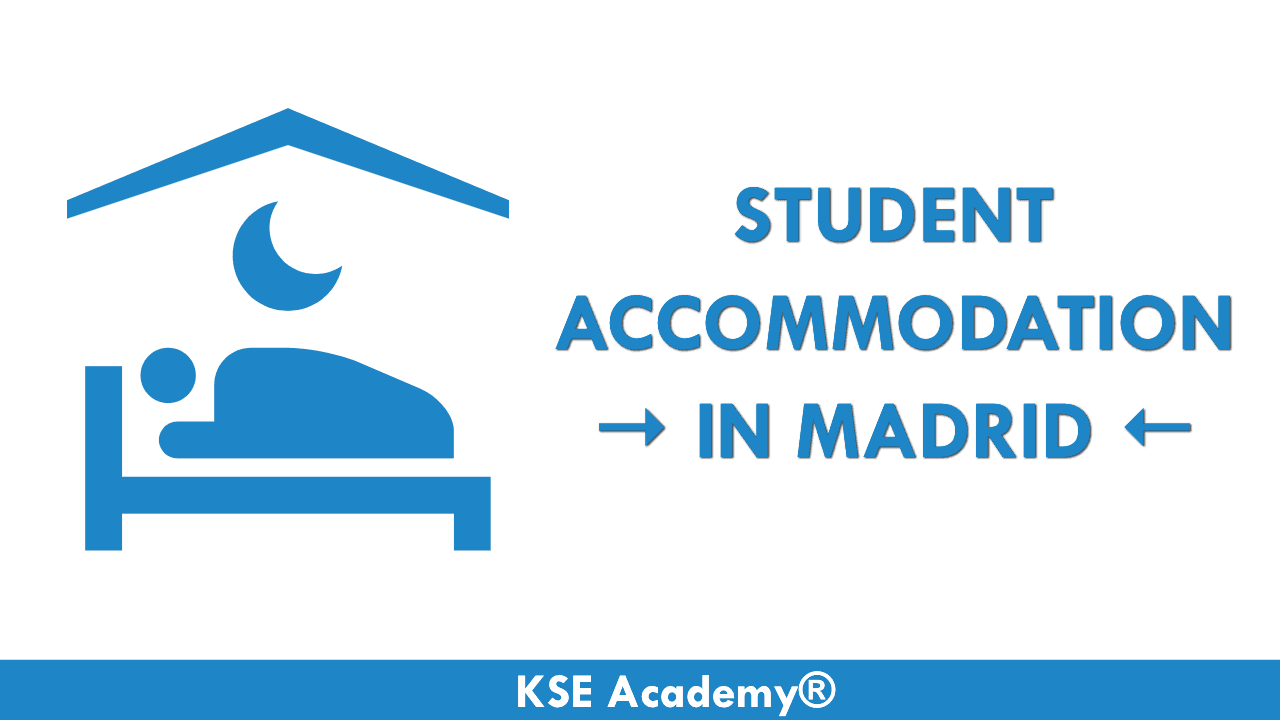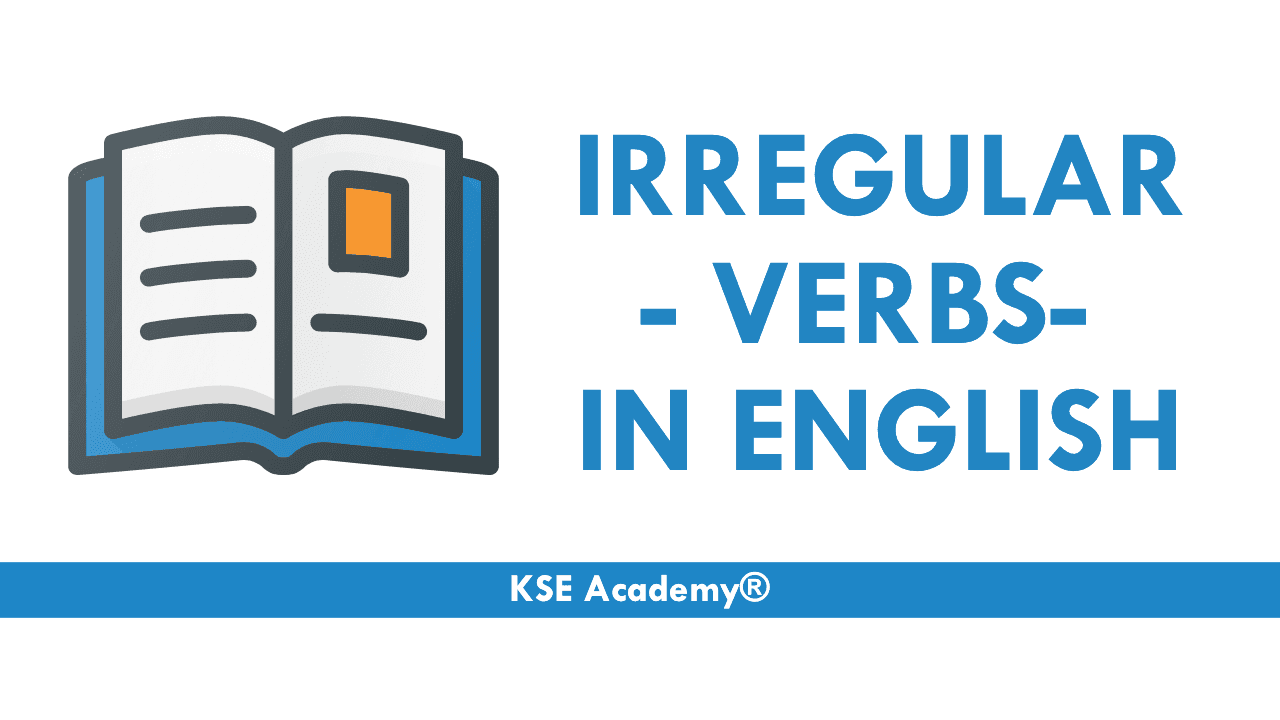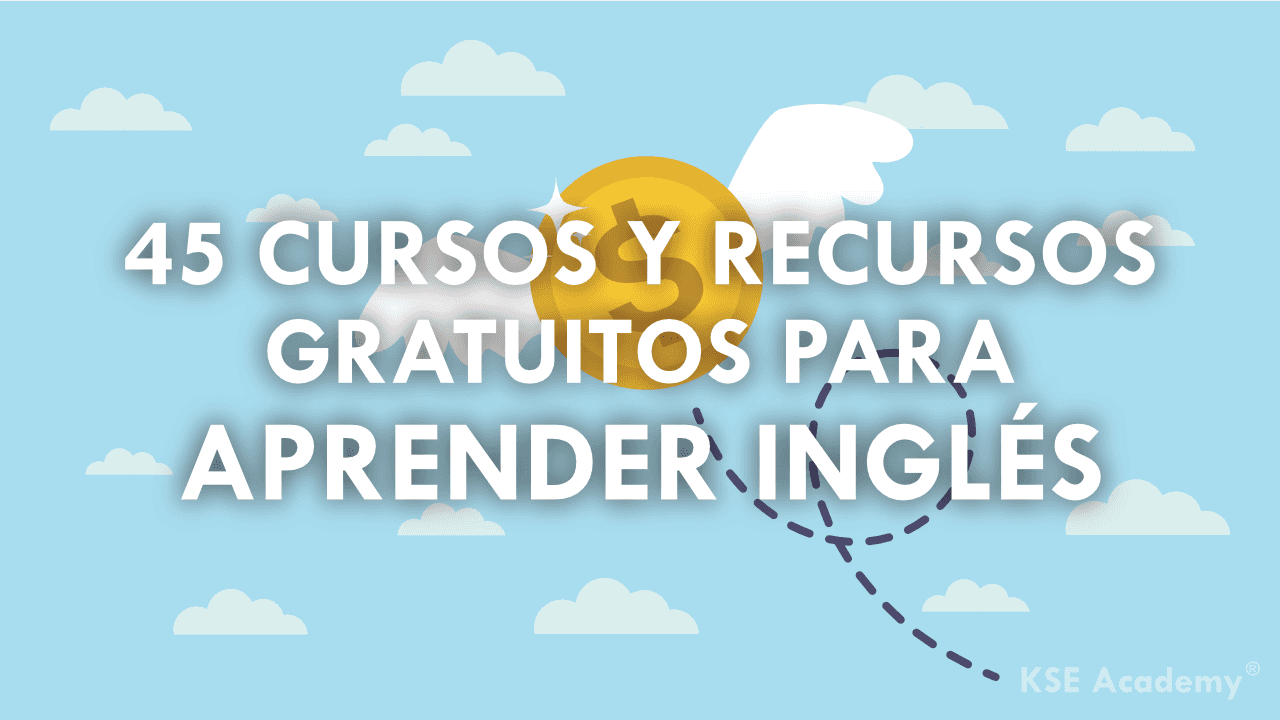Bienvenido a un nuevo post de Yentelman, el blog en el que… ¡Leñe, ya me he vuelto a liar! Que no, que hoy ejerzo otra vez de guest blogger, esta vez para los amigos de KSE Academy, que a su vez ¡colaboran en Yentelman con su propio post!

Escribir para otros siempre conlleva presión añadida: tienes que estar a la altura. Así que, tras pensar en posibles temas, opté por un valor seguro. Los idioms, modismos, dichos y refranes siempre han tenido bastante buena aceptación en mi propio blog, así que para este post voy a tirar de 5 de los refranes en español más usados y conocidos, y cuáles son las versiones de estos que se emplean en inglés. Vamos allá.
5 refranes en español y sus versiones en inglés
A palabras necias, oídos sordos

Este refrán tiene principalmente dos expresiones equivalentes en inglés. Por un lado, el idiom Turn a deaf ear, que en español vendría a ser, de forma más literal, “hacer oídos sordos”. Se cree que este modismo data de principios del siglo XV. Este uso está relacionado con la expresión turn the deaf ear and the blind eye, que amplía la idea de “no hacer caso a lo que te molesta”, y apareció por primera vez por escrito en 1698, en el libro A Discourse of Walking by Faith, del filósofo y poeta inglés John Norris.
Mucho más bonito y memorable me parece el proverbio conocido como sticks and stones, adaptado a partir de una nursery rhyme escrita en 1830 por Alexander William Kinglake, y que vería su versión mejorada poco después, en 1862:
Sticks and stones may break my bones, but words will never break me.

A Negan le importa más bien poco, la verdad.
A lo largo del siglo XIX, words se cambió por names y el segundo break por harm, pero la idea sigue siendo la misma. Se trata de uno de los refranes británicos que más me gustan, desde que lo escuché por primera vez hace ya casi 30 años (sí, soy así de viejo). Recuerdo, incluso, haber leído una traducción más literal que también permaneció en mi memoria, por poética: “Los palos y las piedras pueden romper mis huesos, pero las palabras no tienen ese peso”. Mola, ¿no?
Ojos que no ven, corazón que no siente

Antes de continuar, mencionaré que los refranes en español incluidos en este post aparecen en casi todas las listas que encontré al buscar “refranes en español más utilizados” en Google. Lo menciono por si alguien me dice “¿por qué no has incluido tal o cual refrán? En mi [casa/pueblo/aldea-de-la-que-nadie-ha-oído-hablar-jamás] lo decimos mucho”. Id a quejaros a Google y a mí dejadme en paz.
En fin, volviendo al tema que nos ocupa, en este caso tenemos un solo refrán equivalente: Out of sight, out of mind. Más prosaico, pero igualmente efectivo.
Aunque las expresiones in mind y out of mind para indicar “recuerdo” y “olvido”, respectivamente, ya se utilizaban en el siglo XIII, la primera referencia escrita al proverbio inglés aparece en el libro de John Heywood, A dialogue conteinyng the nomber in effect of all the prouerbes in the Englishe tongue (vaya titulito…), de 1546.
El libro de Heywood es una colección de proverbios, con cada uno de ellos explicado y en contexto. No es difícil inferir que este adagio que nos ocupa, como la mayoría de los que veréis en el post, se han venido transmitiendo de forma oral de generación en generación, mucho antes de que Heywood los juntara y los pusiera por escrito. De ahí que las fechas a las que me voy refiriendo haya que cogerlas, hasta cierto punto, “con pinzas” (with a pinch of salt, que se dice en inglés).
En boca cerrada no entran moscas

Este es uno de los refranes en español que más versiones parece tener en inglés. Cuatro de ellas destacan sobre las demás: silence is golden; loose lips sink ships; a still tongue keeps a wise head; y If you keep your mouth shut you will never put your foot in it.
No he podido encontrar demasiada información acerca del origen de las dos últimas, más allá de su aparición en diversas antologías de proverbios y refranes en inglés. A still tongue keeps a wise head data, según parece, de 1562. En cuanto a la última frase, parece una ampliación del idiomestadounidense put your foot in your mouth, que vendría a significar “meter la pata” y se viene utilizando desde el siglo XVIII.

¡Qué hambre hay, leñe!
En cuanto a las otras dos versiones del refrán en español con las moscas, silence is golden (“el silencio es oro”) es, en realidad, una traducción del alemán que llevó a cabo el poeta Thomas Carlyle en 1831, para su novela Sartor Resartus. Existe una versión más extensa del dicho: speech is silver; silence is golden. Y refranes o expresiones de este estilo, donde se equipara el silencio con nociones o imágenes positivas, llevan existiendo desde el antiguo Egipto.
Por su parte, el apocalíptico refrán loose lips sink ships tiene su origen en los carteles propagandísticos utilizados por los estadounidenses durante la Segunda Guerra Mundial. Concretamente, este:

El concepto detrás de este poster era el de evitar comentarios que pudieran propagar rumores infundados (o no) que desanimaran a la población en cuanto a la participación de los EE. UU. en la Guerra. Se crearon diferentes carteles y lemas similares con el mismo fin, pero el de loose lips sink shipspermaneció en el habla popular como proverbio.
No hay mal que por bien no venga

Continuamos con otro refrán en español que tiene más de un equivalente en inglés. Este proverbio tan optimista cuenta con al menos tres variantes en el idioma anglosajón: A blessing in disguise; every cloud has a silver lining; y It’s an ill wind that blows nobody any good.
Voy a empezar por el segundo, ya que la máxima every cloud has a silver lining forma parte de una de mis canciones preferidas de Kamelot, Under Grey Skies. Si no la habéis escuchado nunca, ahora es el momento. Y podéis seguir la letra en el vídeo 
El “forro de plata” al que se refiere el refrán en inglés lo acuñó John Milton en 1634, asociándolo a las “nubes” en estos versos:
Was I deceived, or did a sable cloud
Turn forth her silver lining on the night?
Pero no fue hasta 1840 cuando apareció el proverbio tal y como lo conocemos, o casi. El primer número de la revista The Dublin Magazine citaba esta frase de la novela Marian, de Anna Maria Hall:
There’s a silver lining to every cloud that sails about the heavens if we could only see it.
Esta forma del dicho se vino utilizando durante algunos años durante la época victoriana hasta que, en 1849, otra crítica literaria del mismo libro, la parafraseaba tal y como se conoce actualmente.

No he visto tantas fotos de nubes como cuando he tenido que buscar una para este refrán, Hulio.
En cuanto al aforismo A blessing in disguise, con el mismo sentido de que toda mala situación puede tener un aspecto positivo, se cree que data de mediados del siglo XVIII. En 1746 aparece por primera vez en forma escrita, en el libro Reflections on a Flower-Garden, del autor inglés James Hervey. Sin embargo, no hay indicios claros de que fuese él quien acuñara la frase, cuyo verdadero origen se intuye anterior.
Finalmente, el refrán con ill wind aparece por primera vez en un medio escrito en 1546, como parte de la antología de máximas de John Heywood que ya mencionábamos con motivo del refrán “Ojos que no ven, corazón que no siente”. Este hecho parece confirmar que todos estos refranes se transmitían de forma oral mucho antes de que Heywood u otros autores se decidieran a reunirlos y catalogarlos por escrito.
It’s an ill wind that blows nobody any good es, en realidad, una metáfora náutica que implica que un viento nefasto para ciertos marinos puede ser bueno para otros. En 1817, Sir Walter Scott le daría un significado distinto en su novela Rob Roy, prescindiendo de los aspectos positivos del refrán. Básicamente, si el viento es malo, lo es para todo quisque. Y punto.
No dejes para mañana lo que puedas hacer hoy

Terminamos con uno de mis refranes en español favoritos que, curiosamente, es también el que cuenta con una adaptación al inglés más literal: Never put off till tomorrow what you can do today.
Como viene siendo habitual, el origen real del aforismo se desconoce. Sin embargo, su primera referencia escrita la encontramos en una carta escrita por el Conde de Chesterfield (no, el de los cigarrillos no. Será por usos de Chesterfield…) a su hijo en 1749, en la que enaltecía el adagio latino del carpe diem de esta forma:
Know the true value of time; snatch, seize, and enjoy every moment of it. No idleness, no laziness, no procrastination: never put off till to-morrow what you can do to-day.

Tan famoso como este refrán se hicieron los “anti-proverbios” relacionados. Un anti-proverbio, anti-proverb en inglés, es una frase que altera la forma y el significado de estos refranes de uso común. En el caso que nos ocupa, el más famoso lo planteó nada menos que Mark Twain, quien, en 1870, atribuyó a Benjamin Franklin la frase:
Never put off till to-morrow what you can do day after to-morrow just as well.
Es decir, “no dejes para mañana lo que puedas hacer pasado mañana”. Curiosamente, ya en 1809, antes de que Twain tuviera su ocurrencia, un dicho similar se atribuía, cómo no, a los españoles: (…) never do to-day what may be put off till to-morrow. Es decir, “no hagas hoy lo que puedas dejar para mañana”.
Y es que los ingleses siempre han estado prestos a tachar a los españoles de ladrones y vagos. Proyección, se llama eso. En fin, debería continuar esta lista hasta llegar a los diez refranes en español, pero creo que lo voy a dejar para mañana…
Peace and love and…keep smiling!
Quién es Yentelman
Soy profesor de inglés, traductor y coordinador de estudios en un centro privado de enseñanza superior. Un día, mis alumnos me dijeron que les gustaría poder leer un blog que enseñara contenidos de inglés, pero en español. A riesgo de saturar aún más una Internet plagada de este tipo de blogs, decidí crear el mío propio, y así nació Yentelman.
La entrada 5 refranes en español y sus adaptaciones al inglés aparece primero en KSE Academy | Academia de inglés.
from KSE Academy | Academia de inglés http://bit.ly/2VhQYjY


































 Y voy a basarme en unos tips geniales que he encontrado
Y voy a basarme en unos tips geniales que he encontrado 



 Veamos varios ejemplos:
Veamos varios ejemplos:
 .
.


